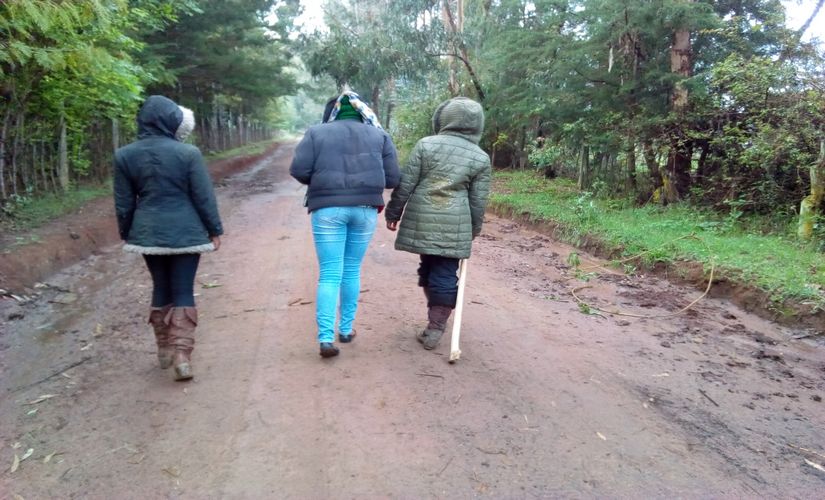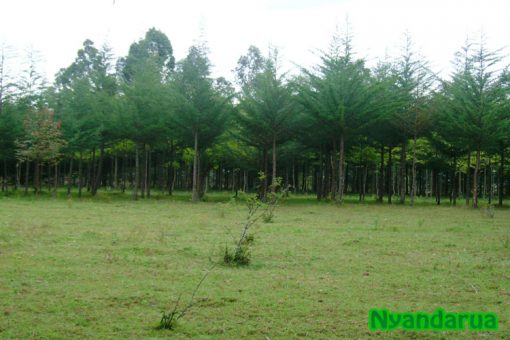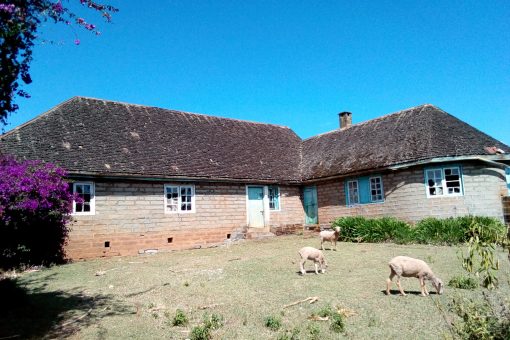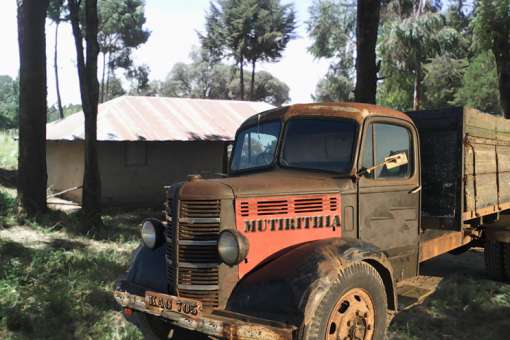We all know our generation had more and better opportunities than our children do. Sad but true.
When I talk of our children, I am aware there are some in our generation who have done very well, holding very senior positions in their jobs and making very good money. They own big homes in cities and towns where they work or do business and their children are receiving the best education in prestigious private schools, colleges and universities locally and abroad. I am extremely happy for everybody who is living such a life. They deserve every bit of success they have achieved and nobody can fault them for their good fortune. Their children are privileged, exempting them from the rescue mission we are focused on here, of their cousins in OlKalou. I am therefore calling upon all those successful second generation Nyandaruans, to become front line participants in providing solutions we hope to achieve for our other children in OlKalou.
Our roots are deeply planted in OlKalou. That is home. We come from large families but our fortunes are widely varied, an uncomfortable fact of life that became more and more apparent as we became grown adults with careers and families of our own. Some of our siblings and their children are trapped in the current OlKalou we are talking about here. Our sibling’s children are our nephews and nieces, but they are in every way “our children”, a concept deeply rooted in the traditional Kikuyu values. Our society made sure the titles our nephews and nieces use to address us, remind us we are their “parents”. Terms of honor like “senior father” (baba mukuru) or “junior father” (baba munini), depending on whether you are older or younger than their biological father, your full blooded DNA brother. That right there confirms to us that our siblings children are very much “our children”. Back in OlKalou, our siblings did their best in farming and educating their children, just like our Pioneer Parents did, but there are no new opportunities created, leaving our rural based youth with no employment. Wherever their successful Uncle or Aunt is working or doing business, the job market is extremely competitive you barely got your own children jobs, let alone bringing in the nephews and nieces from OlKalou.
We were raised in close knit families. When our Pioneer Parents left Gikuyu, they left behind all their relatives including their parents. Their young children, us, were the only family they had in OlKalou, while living amongst strangers in those early years. For us, their children, other than our parents, our siblings were all we had, in a strange new place. Before we made friends in our schools and neighborhoods, our siblings were our only friends and confidants, sharing our hopes and dreams. We all hoped our lives would turn out as we dreamt them together, but as life would have it, some made it big while others remained in OlKalou, living the same life we experienced growing up, now made worse by a challenging economy. The life your sibling is living today and the challenges they are wrestling with on a daily basis could have been yours and your children’s. Why: you are the same DNA, you grew up together, raised by the same parents in exact similar circumstances. You should count your blessings because there is no reason that couldn’t have been your life. Just for a moment, picture a reversal of roles and ask yourself. Had you been the brother stuck in OlKalou with jobless adult children and not much prospects, wouldn’t you hope your well to do siblings would reach out and help?
That is why no matter how successful you get in the cities, yet your siblings and their children are languishing in poverty in OlKalou, your success will never taste as sweet as it should. You will have the needs of your family hanging over your head no matter how much you try to ignore them. And for those who try to help, the need is so overwhelming, it will drain you emotionally and financially.




